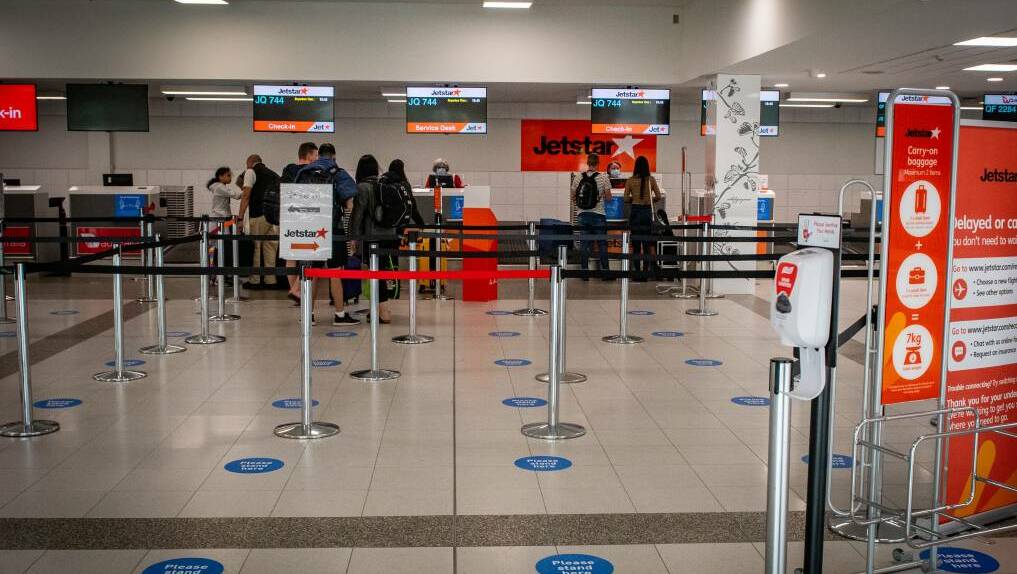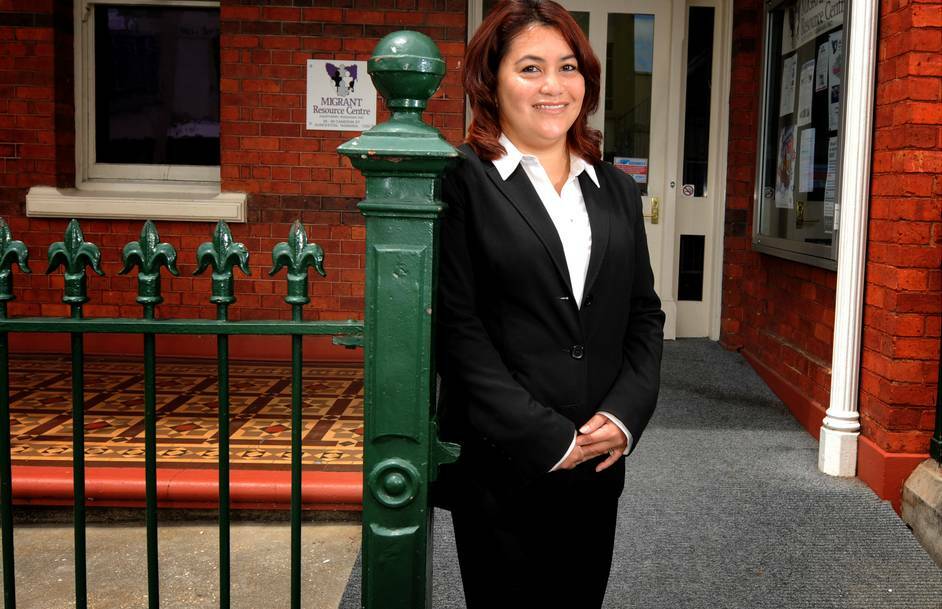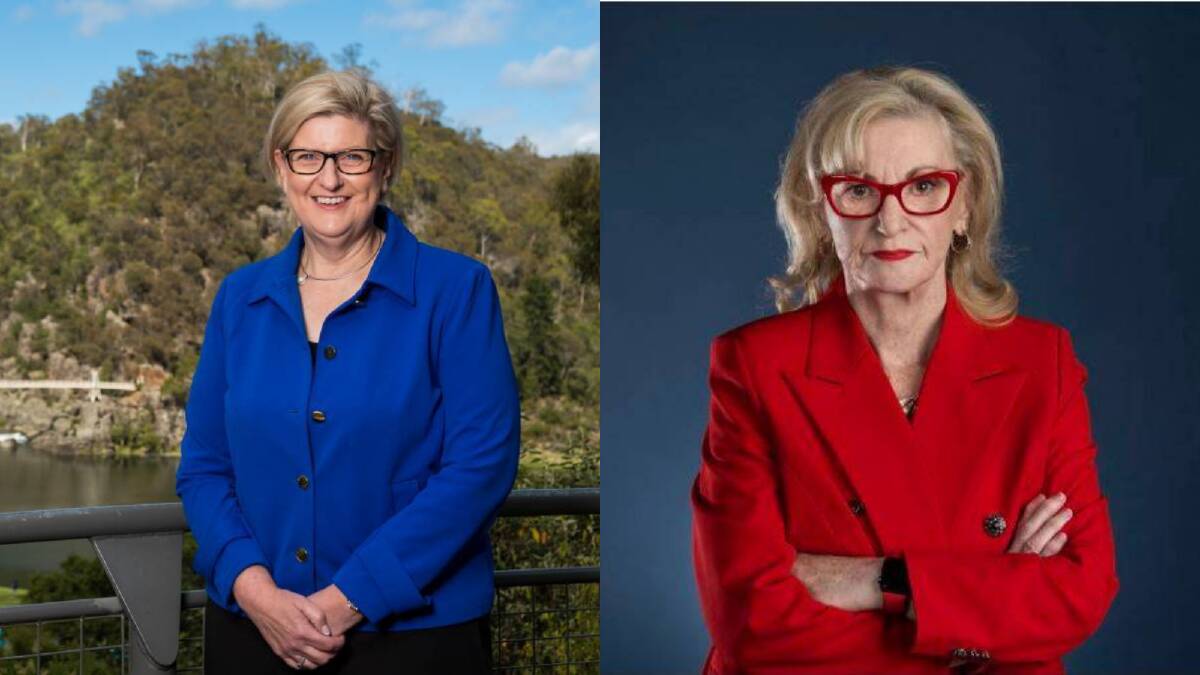
Almost 2000 families and 580 individuals hoping to become permanent visa holders in Tasmania face having access to welfare payments delayed by between two and four years.
Subscribe now for unlimited access.
or signup to continue reading
The numbers arose from a submission by the Tasmanian Council of Social Services to a Bill amendment that proposed changes in wait times for migrant's ability to access to welfare, which has been widely slammed by advocates in the migrant, multicultural, charity and welfare sectors.
Overall, the Australian Council of Social Services anticipated the change would impact 45,000 families and 13,200 individuals looking to migrate to Australia.
The proposal first emerged during March's federal budget and was billed to save tax payers $671 million by drawing out the wait period for family tax benefits A and B, carers payments and parental leave.
The amendment heard public submissions on Monday, and fears were expressed that the financial saving came at the cost of migrants that were most vulnerable upon arrival in Australia.
Northern Tasmania Migrant Resource Centre chief executive Ella Dixon said the changes, which if approved would commence from January 1, 2022, would have an impact on a number of people already in the north of the state - some who were women and children.
It is in the early period of settlement that people are likely to require the most support, as they navigate new systems and a new culture, and find their feet.
- Northern Tasmania Migrant Resource Centre chief executive Ella Dixon
"Financial difficulties are known to be a contributing factor to relationship stress and family breakdown. If families are not able to access supports, it is not only the family budget that suffers - health and wellbeing of the entire family, mental health, and social cohesion."

Multicultural Council of Tasmania Chairman Datta Mahambrey said the organisation opposed the Bill and felt it ignored the fact migrant workers - many who spent years on temporary visas - paid taxes while waiting for their permanent visas.
There is a myth that recent migrants tend to be a burden on the welfare system, but the truth is the opposite.
- Multicultural Council of Tasmania Chairman Datta Mahambrey
"People can spend four years on a temporary visa before achieving a permanent visa. This means a person will be paying taxes and contributing to society for eight years before being eligible for the support to raise a family that their neighbours enjoy."
Contributions from migrant, multicultural, charity and welfare sectors feared migrants would be left high and dry if the changes were adopted, and said frontline support services would be left to fill the void while the applicants faced the increased wait times.
St Vincent de Paul Society Tasmania chief executive Lara Alexander said the charity had concerns over how an already stretched service would respond to an expected increase in demand if the amendments were accepted.
Ms Alexander said 15 per cent of the people the charity supported were from a migrant background.
"Potentially, this community will be more severely impacted as their 'starting point' is behind everyone else who was born in Australia or has lived in the country for a long time and already have support networks, understand the culture, have friends and the language does not represent a barrier," she said.
Increasing demand [for frontline support services] will certainly put more pressure on [them] and generate additional stress ... it is probably the last thing that charities and local community organisations need.
- Vinnies Tasmania chief executive Lara Alexander
The public submissions hearing on Monday was chaired by Tasmanian Liberal Senator Wendy Askew and heard a number of questions from Tasmanian Labor Senator Helen Polley.
Senator Polley said Labor did not support the changes because they would be "damaging" to an already vulnerable community.

"With this sort of legislation people will be forced to take whatever work they get for whatever pay they can get," she said.
"New migrants wanting to come to Australia for hope, opportunities, and because we're multicultural, will be looking elsewhere.
"There are going to be huge ramifications, and there has not been proper consultation with the sector. It's unaustralian, quite frankly."
During the public submissions on Monday federal government Social Services Department Social Security Deputy Secretary Matt Flavel said the changes had provisions for migrants in certain situations that saw them suffering hardships.
He said the changes were designed to make waiting periods for varying welfare payments uniform.
"This is a measure that creates consistency among those waiting periods," he said.
"That means that there's still that balance between the expectation for self provision and, at the same time, having ... a safety net if people find themselves in genuinely unforeseen circumstances."
Mr Flavel said it the amendment was not expected to see potential skilled migrants look to other countries for alternative opportunities.
A submission to the amendment by the Social Services Department said waiting periods, "reflect the expectation that new migrants make provision to be self-sufficient when they first settle permanently in Australia".
What do you think? Send us a letter to the editor















